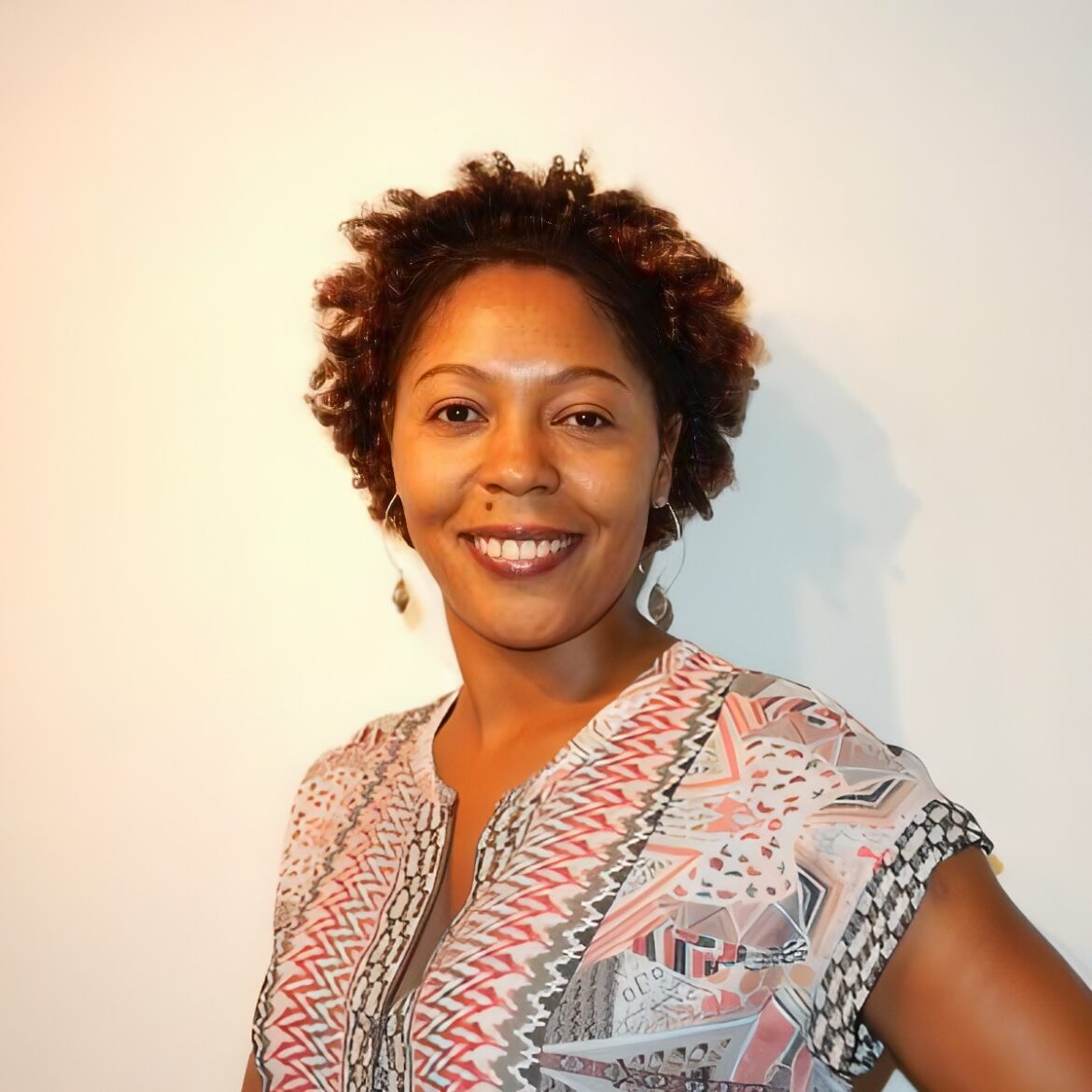Pauline Koelbl is bridging Africa’s gender funding gap through ShEquity, empowering women entrepreneurs with inclusive investment and support.
In Africa’s investment sector, Pauline Koelbl has become a notable advocate for women’s inclusion in business and finance. The Rwandan-born entrepreneur and gender-lens investor founded and leads ShEquity, a venture capital firm working to close the persistent funding gap facing women-led enterprises across the continent.
The gender-lens investor read International Studies at the University of Arizona, where she graduated with honours, before pursuing a master’s in Poverty and Development at the Institute of Development Studies, University of Sussex. Her studies were supported by two Fulbright Scholarships, which gave her valuable exposure to international development networks and thinking.
Before launching ShEquity, she worked with several international organisations, including the World Health Organisation and UNESCO. These roles gave her first-hand insight into development challenges and showed her how entrepreneurship could drive locally-rooted solutions.
ShEquity was founded to address the persistent capital gap faced by African women entrepreneurs, a gender-funding gap estimated to be $42 billion. Pauline Koelbl recognised that women founders often struggle to secure both financing and mentorship, especially during the crucial early and growth phases of their start-ups.
Thus, her company addresses this by combining financial investment with practical business support, including mentorship, technical assistance, and connections to partner networks.
The firm backs scalable enterprises led by African women across various sectors, including fintech, agriculture, healthcare, renewable energy, and fast-moving consumer goods. Its model follows a “triple bottom line” approach, weighing financial returns alongside social and environmental outcomes aligned with the UN Sustainable Development Goals.
Since its launch, ShEquity has supported various initiatives aimed at strengthening the capabilities of women entrepreneurs. Through its partnership with USAID’s West Africa Trade & Investment Hub, the firm secured a $1.2 million co-investment grant to back women-led businesses in West Africa. The programme aims to reach approximately 120 entrepreneurs, offering them training, mentoring, and early-stage funding.
The firm has also attracted private partners and aims to catalyse up to $15 million in co-investment. These efforts show a growing global interest in gender-inclusive investing in Africa.
Its portfolio companies include Nigerian fintech Owoafara, which develops digital financial services for the underserved population; Ecodudo, ReelFruit, Shuttlers and WidEnergy Africa.
The private equity firm has also shown interest in climate-focused ventures, recognising the connection between women’s economic participation and Africa’s wider sustainability objectives.
Koelbl’s vision for ShEquity involves scaling its model across Africa while advocating for reforms that encourage inclusive investment ecosystems. She continues to advocate for policy support, stronger entrepreneurial education, and partnerships that enable women-led enterprises to compete on a larger scale.



